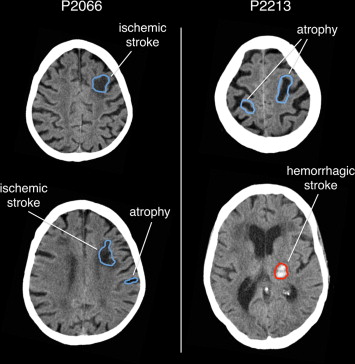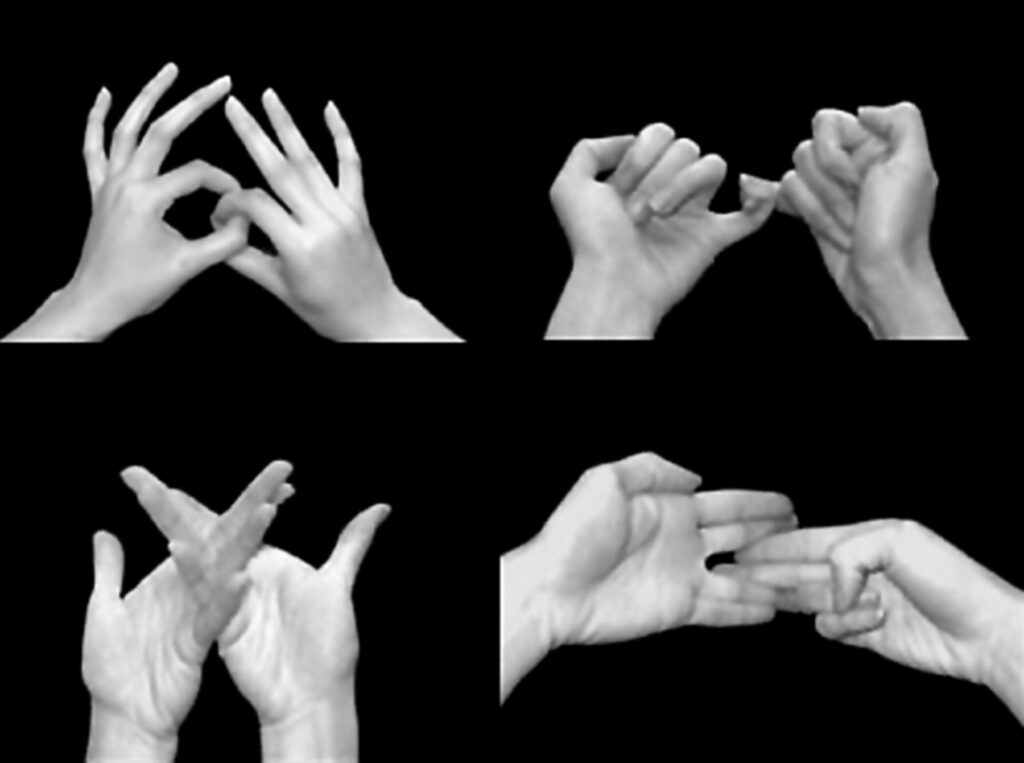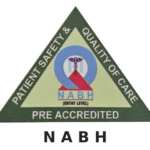Neuropsychology
What is Neuropsychology?
A Neuropsychologist is a clinical psychologist who is specially qualified in assessments and treatment of neurological and psychiatric disorders and its rehabilitation.
A neuropsychologist is familiar with medical and neurological issues that pertain to the normal development of the brain in the human life span and injuries caused by trauma like brain injuries, epilepsy (seizure disorder), brain tumor, central nervous system infections, neurodegenerative disorders, movement disorders, memory disorders and psychiatric disorders.

Changes in the Brain after an Ischemic Stroke
What is a Neuropsychological Assessment?

A neuropsychological assessment is a long in-depth evaluation that is powerful in determining the level of cognitive dysfunction in specific neurological and psychiatric populations. The neuropsychological examination involves tests sensitive to specific brain functions. A comprehensive neurocognitive assessment includes testing of specific lobe functions along with studying the overall integrity of brain functions.
Cognitive areas typically assessed include attention and concentration, learning & memory, language functions, sensory & perceptual functions, visual-spatial functions, and reasoning and problem solving abilities or executive functions and emotional well being.
A comprehensive test battery typically involves a clinical interview along with emotional and behavioral observation and reviewing of medical records. A neuropsychological examination will determine how well the brain is functioning while it is involved in a specific task. A test battery is designed to measure the functions of different lobes of the brain along with information about its overall integrity. Most of the tests involve questions and answers or working with materials that are specific to certain functions of the brain, along with computerized tests. Followed by a comprehensive assessment, the evaluation is collaborated with neurological and medical evaluations with the referring doctor to assist in clinical decision making and a treatment is planned for cognitive and psychological rehabilitation. An evaluation assists in disability determination, and helps with forensic procedures in case of medico-legal implications. Therapies are available for adjustment to disability and behavioral-emotional problems secondary to the neurological or psychiatric disorder.
Neurological Disorders
- Traumatic Brain Injury
- Movement Disorders
–Parkinson’s disease, Corticobasal degeneration - Demyelinating Disorders
– Multiple sclerosis, ADEM (Acute Disseminated Encephalomyelitis) - Dementias (Memory Impairment)
-Mild Cognitive Impairment, Age-Related Memory Impairment, Alzheimer’s disease, Cerebrovascular (brain blood vessels related) dementia, Lewy body dementia, Fronto temporal lobar dysfunction, Pick’s disease, Memory disorders secondary to sleep disorders - Language Disorders
-Aphasia, Primary progressive aphasia - Brain tumor
- Epilepsy
-Seizure Disorder, Nonepileptic Psychogenic Disorder - Psychosis
– Schizophrenia
Neurological Syndromes
- Amnesic Syndromes (Specific Memory Impairment with preserved intelligence)
- Herpes Simplex Encephalitis
- Hypoxic Ischemic Brain Damage
- Cerebral Vascular Accidents (pathological condition involving blood vessels in the brain, like Stroke)
- Anterior Communicating Artery Aneurysms
- Wernicke-Korsakoff Syndrome (Alcoholic Syndrome)
- Neglect Syndromes (inability to respond to stimuli on side contralateral to deficit)
- Agnosia (inability to recognize the identity or nature of sensory stimuli)
- Limb Apraxias (inability to correctly perform purposeful, skilled movements with the forelimbs)
- Disorders of Attention
- -Adult Attention Deficit Disorder
- -Attention Deficit Hyperactivity Disorder
- Late Life Depression

Finger Interlocking Test for Parieatal Lobe Dysfunction
Neuropsychological Evaluation Helps
- Confirm a diagnosis of a neurodevelopmental or a psychiatric disorder
- Determine if emotional or behavioral problems are of a neurobiological origin, consequence of the child’s psycho-social environment or due to trauma
- Identify any neurological or psychological factors associated with attention and learning problems
- Determine if academic difficulties in case of a learning disability or attention disorder are due to cognitive or motivational deficits
- When a learning disability is suspected, a neuropsychological evaluation of cognitive abilities is necessary to identify the source of the difficulty and ascertain the areas of cognitive strength that can create a foundation for compensatory strategies and treatment options.
- Explain the declining achievement of a previously successful student, incase of a psychological breakdown and assess the effectiveness of treatment
- Obtain recommendations from collateral sources -medical and social, on accommodating therapeutic interventions in context of the child’s environment.


